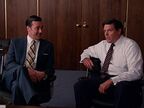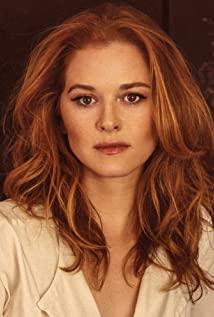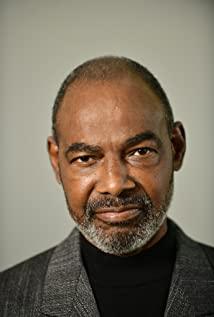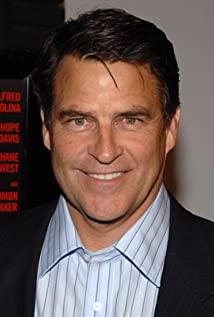The advertising elites of Madison Avenue in New York in the 1960s. The male protagonist has identity, status, charm, and more importantly, the "story" behind him is what makes this perfect man. But behind all these people, there is always a secret that cannot be known to the audience at the beginning. It could be a bad past, a scar, or some other superpower (like Batman). Of course, we all love secrets, we all love spying on secrets, and we love uncovering secrets once and for all until the truth is revealed. This is also one of the bridges where the screenwriters are racking their brains to whet the audience's appetite.
I haven't been to America, and I don't know the real American society. All I know is that "America" cobbled together from American TV shows. So, the United States of America half a century ago is even more unknown to me. However, the background of this TV series is basically the same as the social environment of the movie "Revolutionary Road". In the United States in the 1950s and 1960s, with the recovery and development of the industrial economy, the urban middle class increased. They then moved to the suburbs, living in single-family villas with a small, seemingly elegant garden. During the day, the men go to work in the city, while the housewives do all the chores at home, plus manage themselves delicately. But behind the bright and beautiful story is another story. The writers let us see the dead bug in everyone's heart under the apple's skin. The common flirting between male and female colleagues in the company, the infidelity between the boss and secretary in the office, the mutual jealousy among colleagues, the nagging and boring women and the gossip of the neighbors when they come home from get off work. . Towards the end, I watched a man's version of "Desperate Housewives".
However, unlike the story of four housewives, this is a group of desperate professional men. They are for life, for family, for fame, for status, for prestige, for various reasons in the workplace, well, of course, there is no lack of occasional flirting, drinking and enjoying life. That's not enough, what the writers want to say is behind this, what are they thinking in the few minutes after they close their eyes at night before they lie down. The complexity of human nature. Of course, this is talking about the complexity of the men, which the writers see, analyze, and dramatize. At this time, the women in their lives, wives, lovers, ambiguous female colleagues, bar dancers, and flirtatious girls, in addition to fulfilling their empty desires in a timely manner, it seems that they cannot be removed from life, this abyss like the black hole of the universe rescued.
At first I did mind that the writers made the women in the show monolithic. It seems that their lives are inseparable from fashion, beauty, family, children, and of course, the love that they will never forget. However, as a female viewer, what can I complain about. If you really want to stand on a woman's point of view to speak up for women, then watch "Sex and the city", "Desperate housewives", "Gossip girls", "Cashmere Mafia", "Ugly Betty". Sometimes it's fun to see how men struggle and suffer like "resentment to women".
Make up for the social background of the play posted by
Douyou-- 2008-10-14 12:33:58 Nikita Ivanezzi
This is a very contemporary show. The 1950s was precisely the best time for the United States. After the Americans experienced the victory of World War II, they implemented the Marshall Plan. The US economy was the absolute hegemon in the world at that time. The Cold War has not yet begun, so Americans think that the 1950s was a pearly era. But at the same time, this is also the most hypocritical era of American society. In that era of advocating the family and advocating capitalism to focus on material enjoyment, behind it was feminism, including abortion, sexual harassment, and the right to work (women were only allowed to participate in very low-level jobs, and scientists at the time said that women’s intelligence was lower than men’s); Racism, including Jews, African Americans; of course, the undercurrents of the Soviet Union and the United States on the eve of the Cold War and the arms race brought about by nuclear tests. And McCarthyism (Senator McCarthy's unrestricted violation of civil liberties)
So the biggest and most quintessential theme of Mad Men is to borrow from the past. Because the advertising industry is the core embodiment of capitalism.
This drama has his special meaning when it is released at the moment. It was really blind that hbo did not choose him, because the drama under such a large historical background is most in line with the style of hbo.
View more about Mad Men reviews











